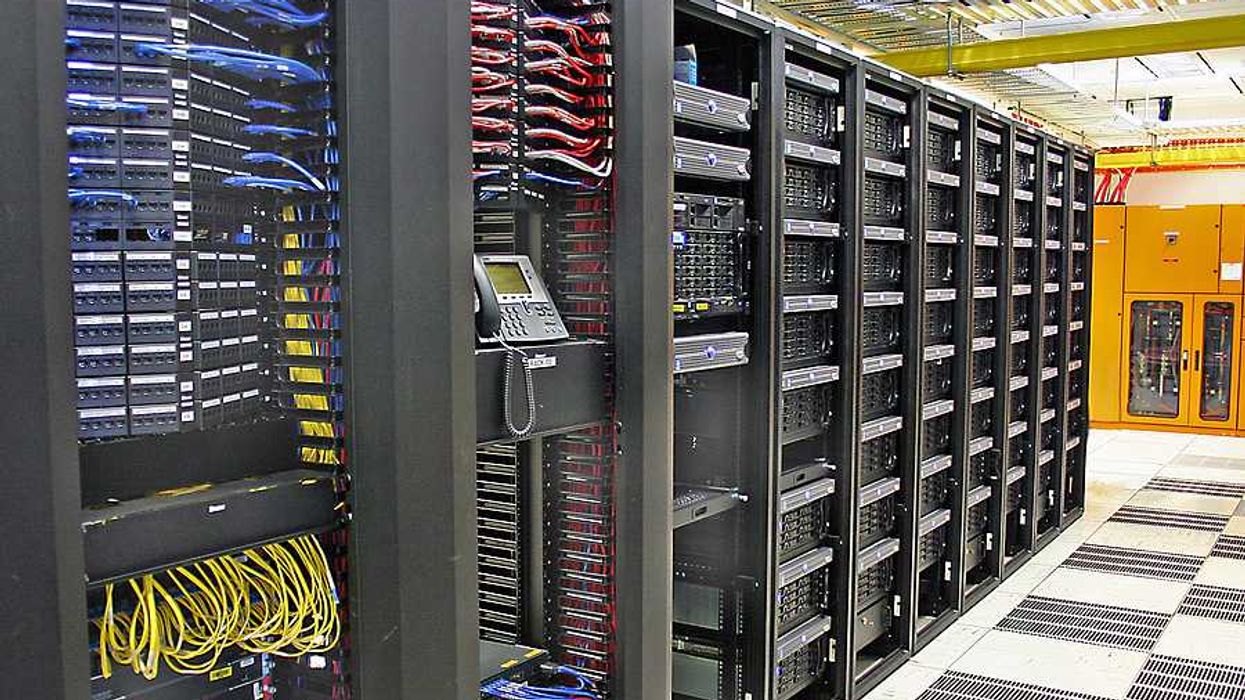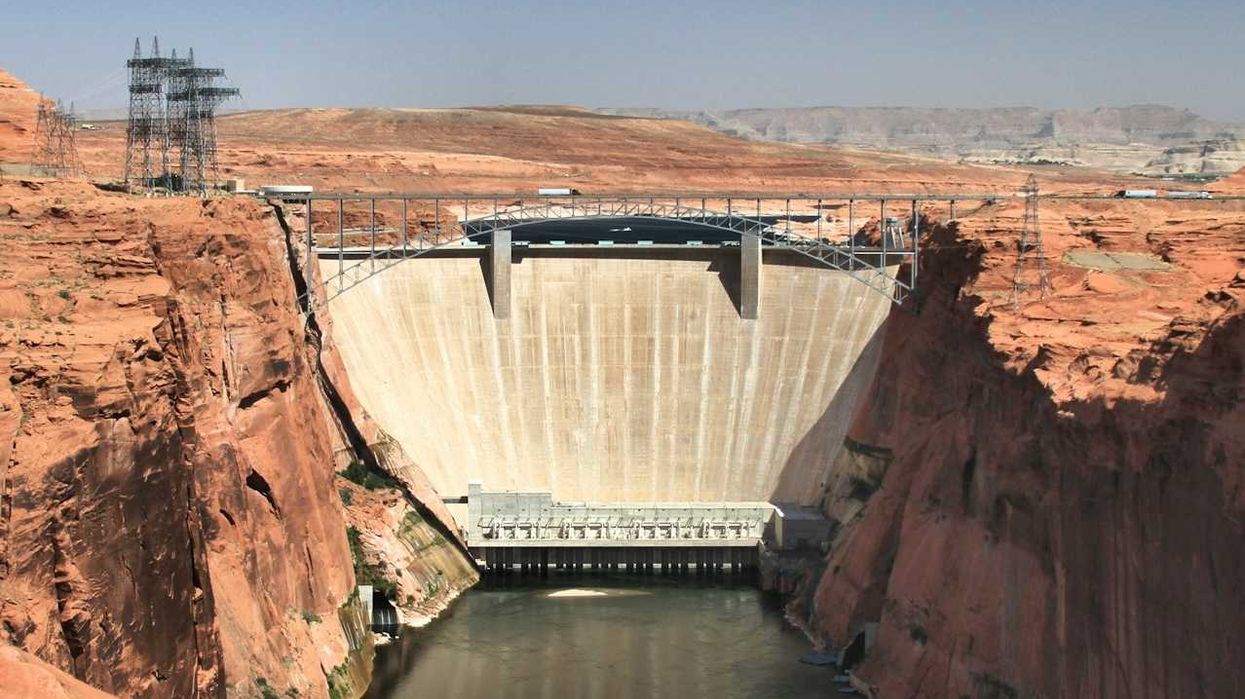Amidst legislative tensions, a suite of bills seeks to navigate the delicate balance between economic development and property rights in South Dakota's pipeline debate.
Joshua Haiar reports for South Dakota Searchlight.
In short:
- Lawmakers in South Dakota are contending with the challenge of aligning economic interests and property rights as they consider legislation on carbon dioxide pipelines.
- The proposed bills are a reaction to the failure of previous legislation aimed at hindering pipeline projects, with a focus now on protecting landowner rights without obstructing development.
- With only a week left in the legislative session, three key bills remain in play, each addressing different aspects of landowner protections and pipeline regulation.
Key quote:
“All this opposition can lead us to a place where we get nothing done for farmers, nothing done for ethanol, that we get nothing done for counties, nothing done for regulatory certainty.”
— Will Mortenson, R-Fort Pierre, House Majority Leader
Why this matters:
The outcome of these bills will significantly impact South Dakota's approach to managing land rights, economic growth and environmental strategies, at a time when infrastructure projects and climate change mitigation are national priorities. This legislation embodies the broader struggle to harmonize local governance with state and federal environmental objectives.














